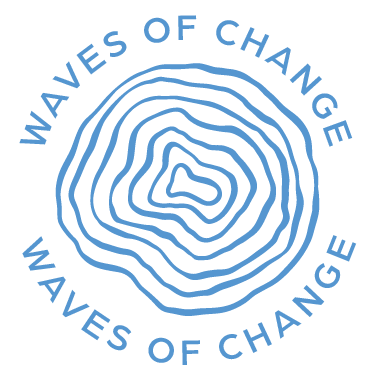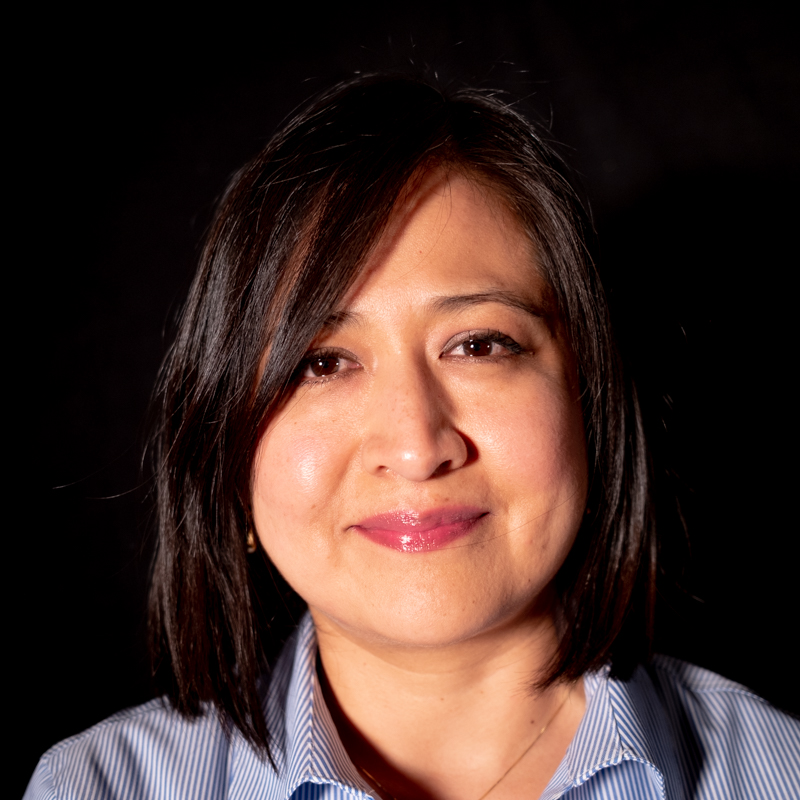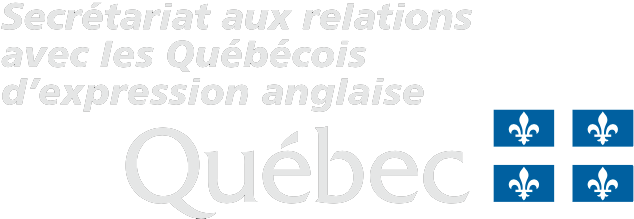 Marina Byezhanova
Marina ByezhanovaWe came in 1998, which means that we didn’t really have internet yet back at home. So we couldn’t research and prepare to build a support system as people who immigrate now do. When we came here, we felt quite lost. Everything was confusing, everything was new and daunting. It was quite hard.
At the time, things were getting very serious in Mexico. There was a lot of violence and limited opportunities to make a living. We heard about Canada, specifically Quebec, that it was a peaceful area, a multicultural place to live in. So part of the charm was that this was a French-speaking province.
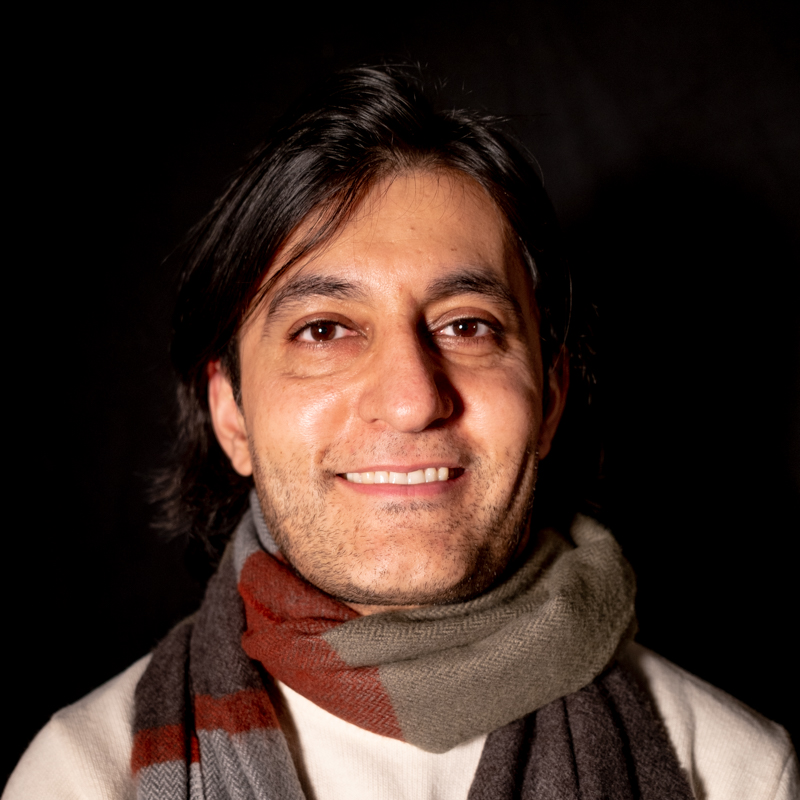 Karan Sinj
Karan SinjI knew just the fact that it’s a bilingual country. I didn’t know the details of the history and in terms of the two referendums, I had just a cursory knowledge. But I come from a multi-lingual country which has more than 20 languages, so I thought ‘How hard could it be for two languages to co-exist?’
 Selina Ma
Selina MaBefore I arrived here, I knew there was a long complicated history between the Anglophones and Francophones in Quebec. But in my mind, I thought it was in the past. I wasn’t aware before arriving that political and social conflict still exists in Quebec. So for me, that was a shock.
 Eugene Geylik
Eugene GeylikLanguage is a tool. As many tools you have in your back pocket, the better. So I didn’t have any issues sending my son to a French school. We started in Vancouver, so he started in English and now he is perfectly trilingual or fourlingual. So he’s got a lot of tools.
 Anna Krivitsky
Anna KrivitskyI’m a mother of two girls. My older one is almost 14 and she started in classe d’acceuil in a public French school. I was very sad to find out that she was bullied by a teacher in la maternelle for being a child who did not speak French, and was not good enough to participate. She had to leave the classe d’acceuil.

Kakim Goh
It’s quite incredible living here in Quebec, the amount of people who will say to me, ‘Oh, you’re so lucky that you’re of colour, because there’s all these programs for you. The government wants to hire you. You’ve got it made!’ But these same people actually wouldn’t hire me. It took 474 job applications and close to 60 job interviews to land my last permanent job, which I’ve since lost, due to COVID.
 Fay Hinkson
Fay Hinkson I’ve never been hired by a French Québécois company, even though I came from France. But somehow, maybe it’s my name. I don’t know why, but I’ve never been hired by a French company.

What We Choose to Remember features a cast of more than 30 characters, whose families arrived in successive waves of immigration. The oldest families arrived during the period of ‘two solitudes’ when Montreal’s population was more than 50% English. They share firsthand accounts decades of political upheaval. The most recent immigrants arrived believing linguistic conflicts were ancient history.
Visit the website to watch the trailer and find tickets to our public screenings ︎ Visit the website to watch the trailer and find tickets to our public screenings ︎
Visit the website to watch the trailer and find tickets to our public screenings ︎ Visit the website to watch the trailer and find tickets to our public screenings ︎
Acknowledgements
Our story takes place on the Indigenous lands of the Kanien’kehá:ka (Mohawk) nation of the Haudenosaunee Confederacy. Tiotià:ke (known as Montréal) has existed as a meeting place of many First Nation peoples, including but not limited to the Abenaki , Anishinaabeg (Algonquin), and the Huron-Wendat. We extend our deepest respect to the elders of these nations and to all Indigenous peoples who carry the history of this island’s land and waters. We also call upon all levels of government to adopt and implement the 94 recommendations of the Truth and Reconciliation commission.
We acknowledge the support of our sponsors
Our story takes place on the Indigenous lands of the Kanien’kehá:ka (Mohawk) nation of the Haudenosaunee Confederacy. Tiotià:ke (known as Montréal) has existed as a meeting place of many First Nation peoples, including but not limited to the Abenaki , Anishinaabeg (Algonquin), and the Huron-Wendat. We extend our deepest respect to the elders of these nations and to all Indigenous peoples who carry the history of this island’s land and waters. We also call upon all levels of government to adopt and implement the 94 recommendations of the Truth and Reconciliation commission.
We acknowledge the support of our sponsors
